Like all great stories, it starts with lizards.
Lizards and butterflies, scorpions and snakes and rivers.
It starts with wide-open African skies waiting to be painted by restless imaginations.
“I was left to roam and explore nature in my tiny village of Nigeria. I was told to be careful but never told not to touch that, or do that, or go there.”
Of a community that embraced the neighbors’ children as their own.
It starts with the curiosity and innocence of childhood.
It starts with the magic of science because to live is to be a part of science.
This was how the science of Dr Sheila Ochugboju started.
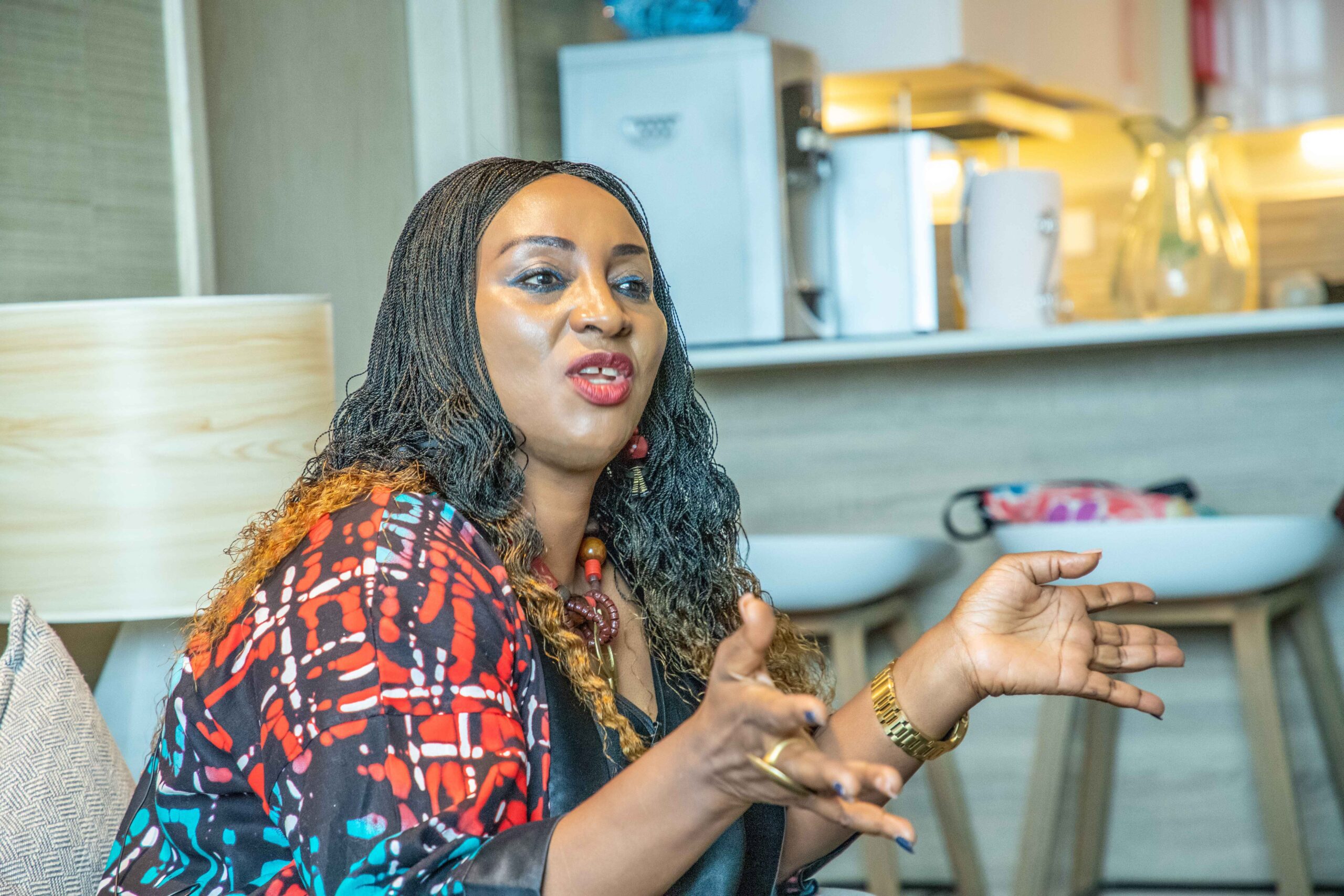
“I was left to roam and explore nature in my tiny village of Nigeria,” she says. “I was told to be careful but never told not to touch that, or do that, or go there.”
These lessons enabled Dr Sheila to go places young women were not accustomed to going — metaphorically and literally — when she grew up.
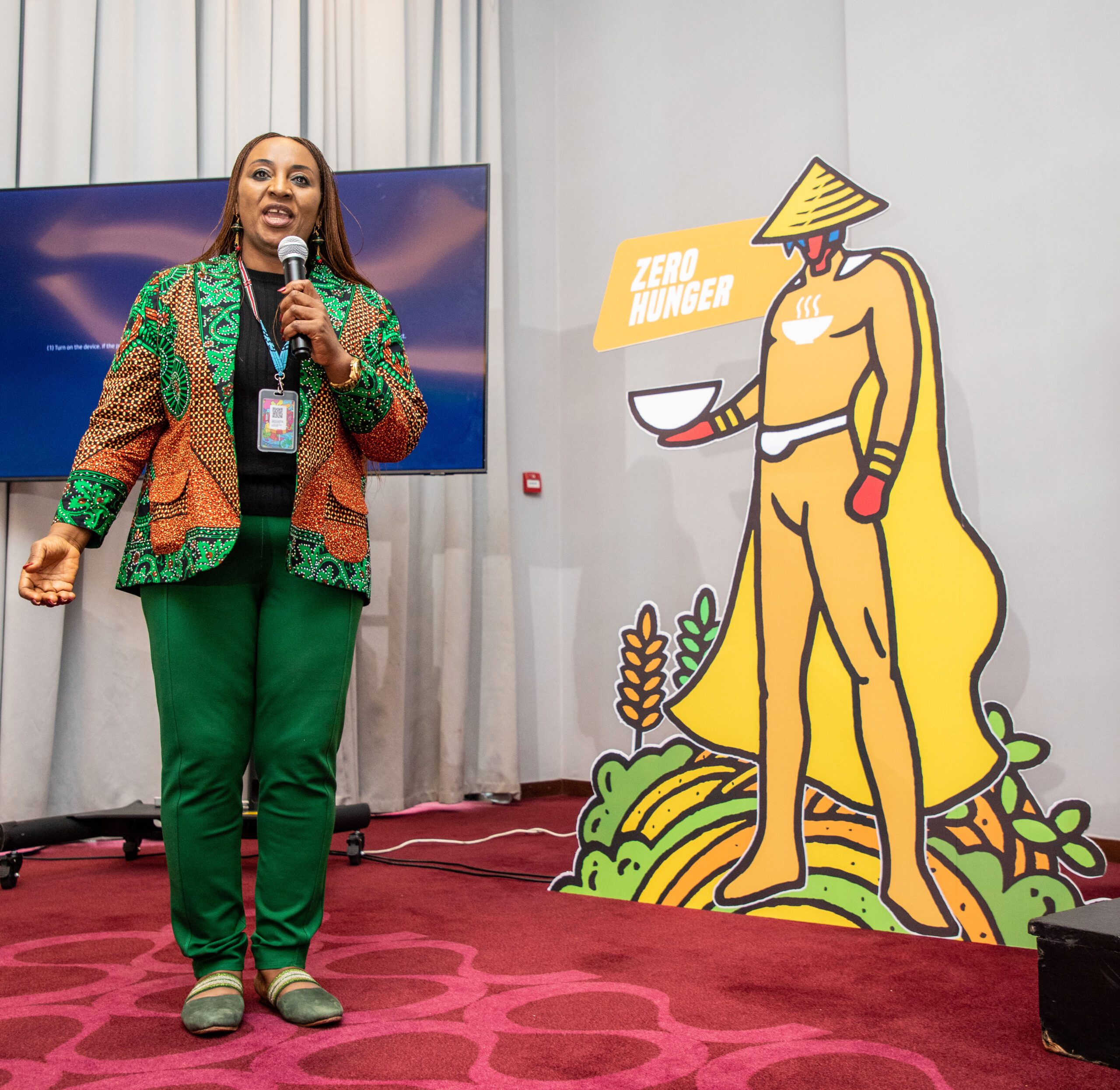
Merely a child, she moved to London to join her mother, who was studying. Dad was in Russia, studying medicine.
Like pollen scattered in the wind searching for homes, her parents had grabbed scholarship opportunities to further their studies.
She was nine when she moved to London. It was strange.
London wasn’t Africa. Homesickness pounded her young hull like a vicious wave.
“The homesickness was so profound, and it went on, unabated, until I was a teenager, and my mother was convinced I would never settle.”
“I never quite got used to the dislocation,” she confesses, “The homesickness was so profound, and it went on, unabated, until I was a teenager and my mother was convinced I would never settle.
“So she began sending me home for extended periods, for long holidays. But, you know, the thing about home is, home is not just a place. It’s also an idea.
“Even though I went back again, it was never home again because that moment in time is like a bubble of memory, isn’t it? You go back, and it’s the same place, but it’s not. And so you’re always trying to get back to that moment. So I think that sort of feeling has never left me, and it’s been why I’m on this journey to find a home in Africa.”
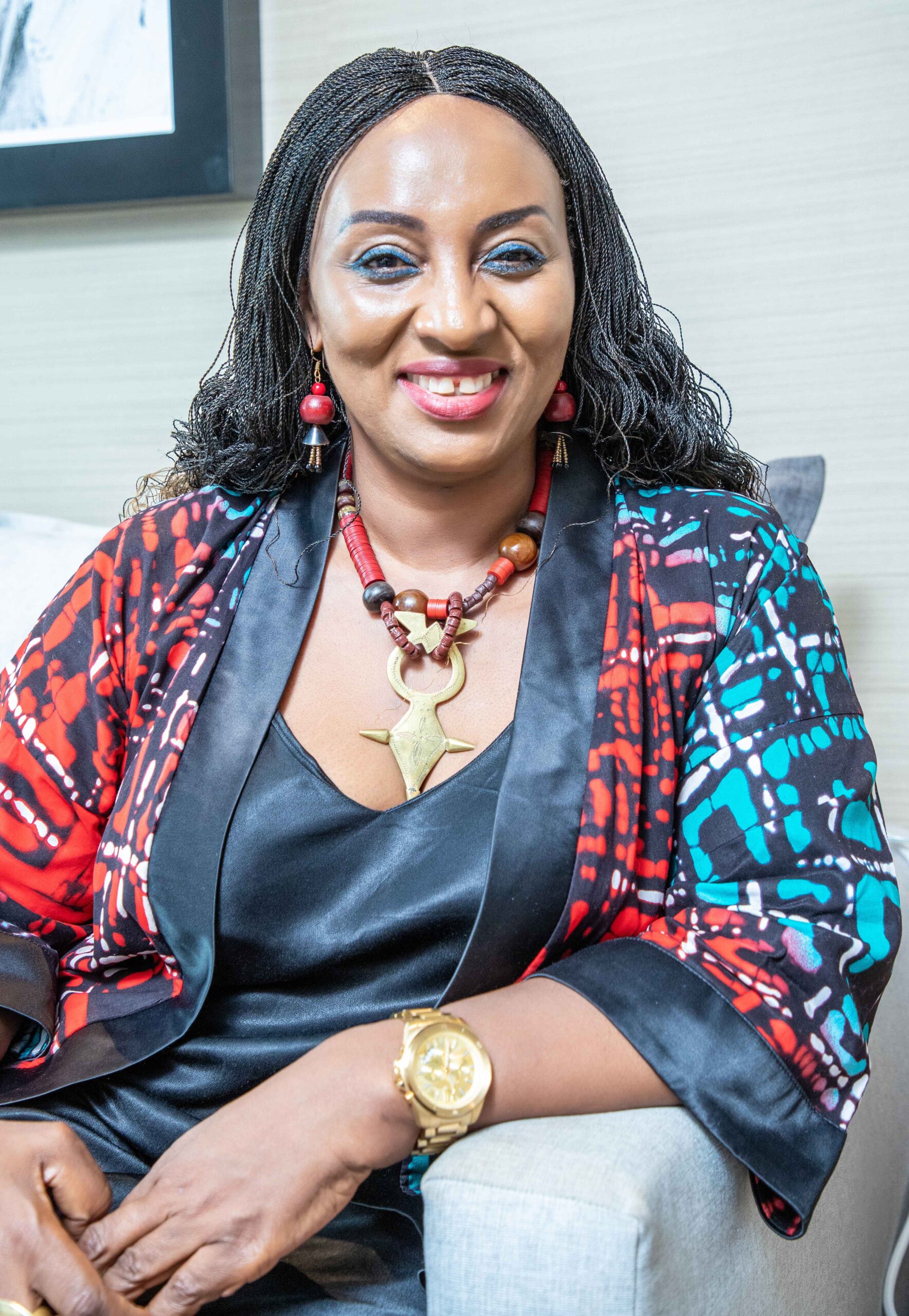
The conversation about what home is a rabbit hole for Dr Sheila, but in brief, she says, “What I realized in the decade or more of looking for a home is that as you grow bigger, your cells are deposited in different places. I think home is dispersed into a bigger geography.”
Her early years in London as a teenager and a young adult were motivated by a raging need to be accomplished as a professional, a wife, and a mother.
A little context. Growing up as an only child to her parents, Dr Sheila was already unique in a way that wasn’t exactly complimentary.
After her degree in medical biochemistry, relatives, scores of cousins, kept flying in from Nigeria holding up a cautionary hand saying, ‘Wait, wait, don’t proceed, a degree is good enough if you proceed any further, you will not find a husband, your bride price will drop.’
“We have a saying in Nigeria, ‘An only child is like no child.’ In a community where the average household has at least four children, people viewed anyone with one child as not having any children. An only child was not considered a child.
“Because of this, my mother would always introduce herself with a sense of apology. She carried herself through life like she hadn’t fulfilled her mandate as a woman. People pitied her!”
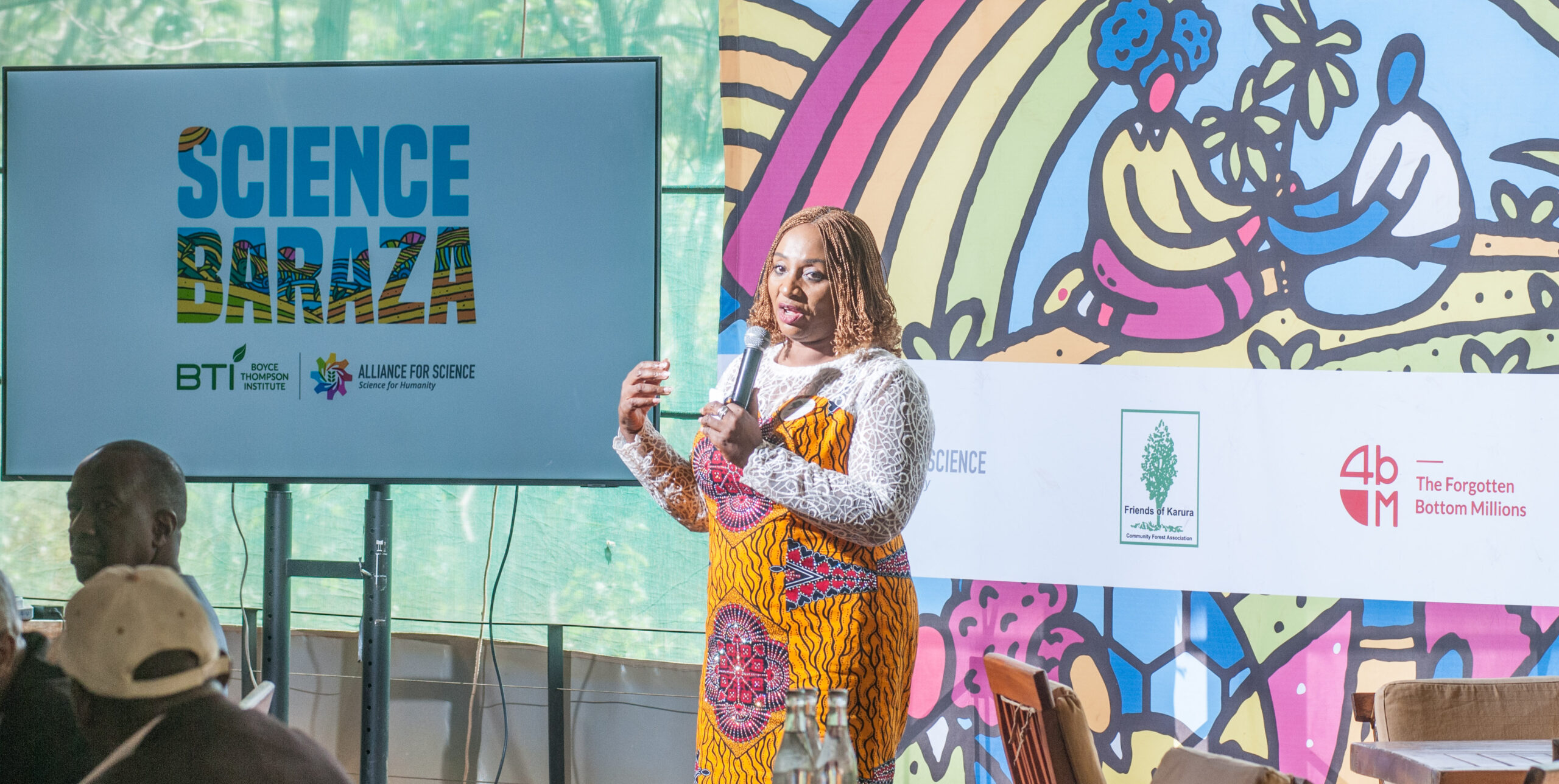
This stigma was thrust on her at a tender age as well.
“My mum often said, ‘If anything happens to you, I’m finished. She always felt that she was nothing because she had one child. She felt unsafe and vulnerable, which impacted my future choices to affirm and protect her.”
Her peak achievement was when she got a scholarship, the Daphne Jackson Trust Fellowship, to do her postdoctoral research.
So, she ferociously threw herself at her books.
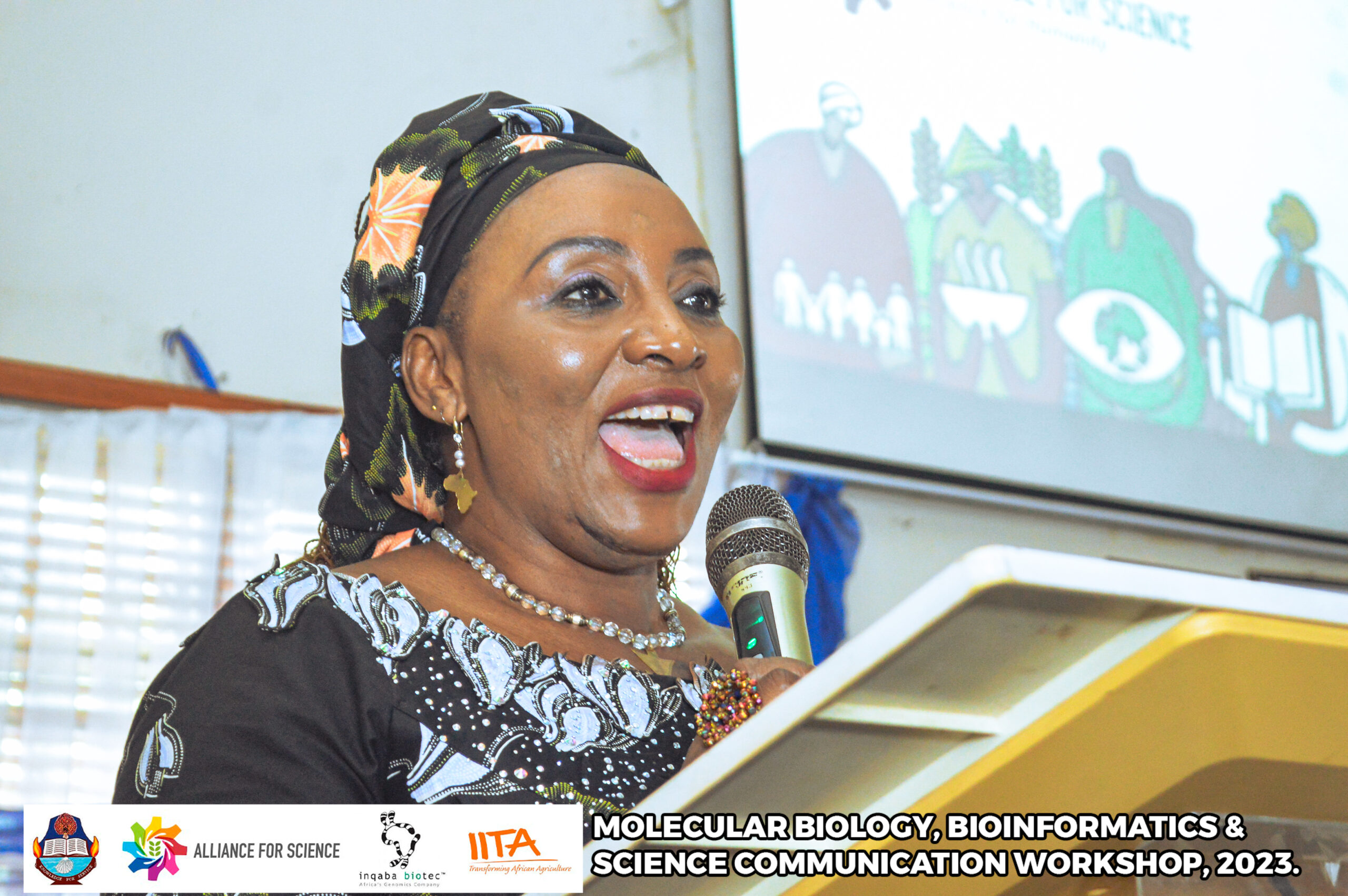
She worked to the whites of her bones. After her degree in medical biochemistry, relatives, scores of cousins, kept flying in from Nigeria holding up a cautionary hand saying, ‘Wait, wait, don’t proceed, a degree is good enough if you proceed any further, you will not find a husband, your bride price will drop.’
“By the time I was 30, I already had a PhD in biochemistry and four children.”
They wanted her to find a husband.
They squeezed crumbled papers with phone numbers in her palm and whispered, ‘Call him, but don’t tell him you studied biochemistry. It will scare him. Tell them you studied agriculture and can take care of the farm.’
Sheila laughs—a mirthful laughter.
“I gave the Millennium lecture for the BBC at the turn of the millennium on the Renaissance of African Science.”
When she enrolled for her Masters in Design Studies, they were distraught, and the call got louder and more urgent. ‘This is terrible,’ they cried, ‘if you get a PhD, you’re right down there; who will marry you? Your mother will die!’
“I was so tired of it all. My esteem was at its very lowest,” she says.
She eventually met a man through this relentless cajoling, and he proposed 16 days later.
They married three months later and had four children within five years.
“It felt like I slept-walked in my early twenties and didn’t wake until my children started waking me up. It’s amazing how energizing children can be.”
If you could successfully fit a hippopotamus in a coffee plunger, this came close.
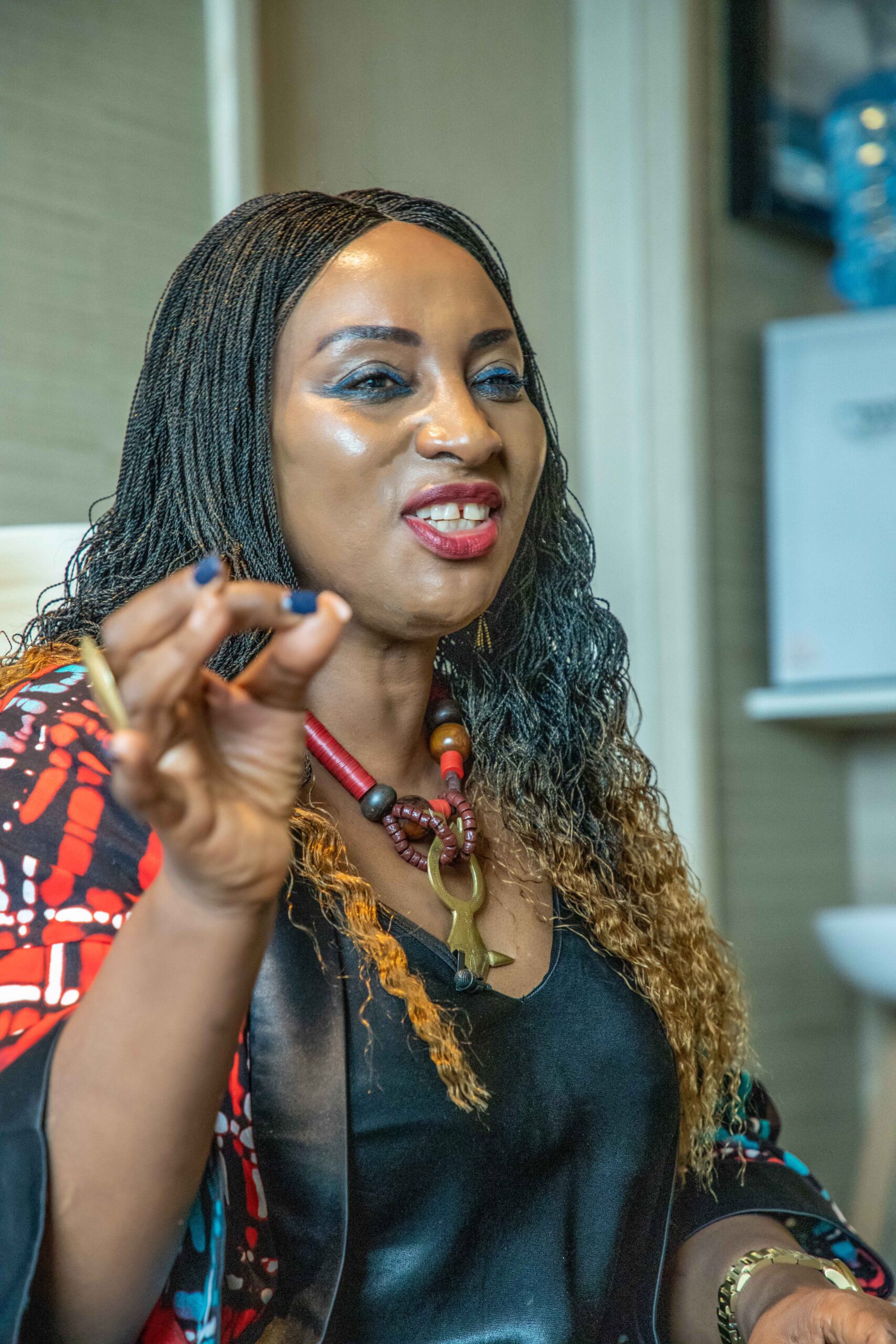
“By the time I was 30, I already had a PhD in biochemistry and four children,” she says.
“It felt like I slept-walked in my early twenties and didn’t wake until my children started waking me up. It’s amazing how energizing children can be.”
She was in the Institute of Virology in Oxford, studying genetically modified viruses for pest control.
Her peak achievement was when she got a scholarship, the Daphne Jackson Trust Fellowship, for her postdoctoral research.

She was in the Institute of Virology in Oxford, studying genetically modified viruses for pest control—cutting-edge research.
“And this was six weeks after I had my son. That was the hardest period in my life, and yet I think I achieved the most. I had some landmark moments; I gave the Millennium lecture for the BBC at the turn of the millennium on the Renaissance of African Science. I was on stage with the late Professor Ali Mazrui and the African Liberation Day Talks. These were landmark moments.”
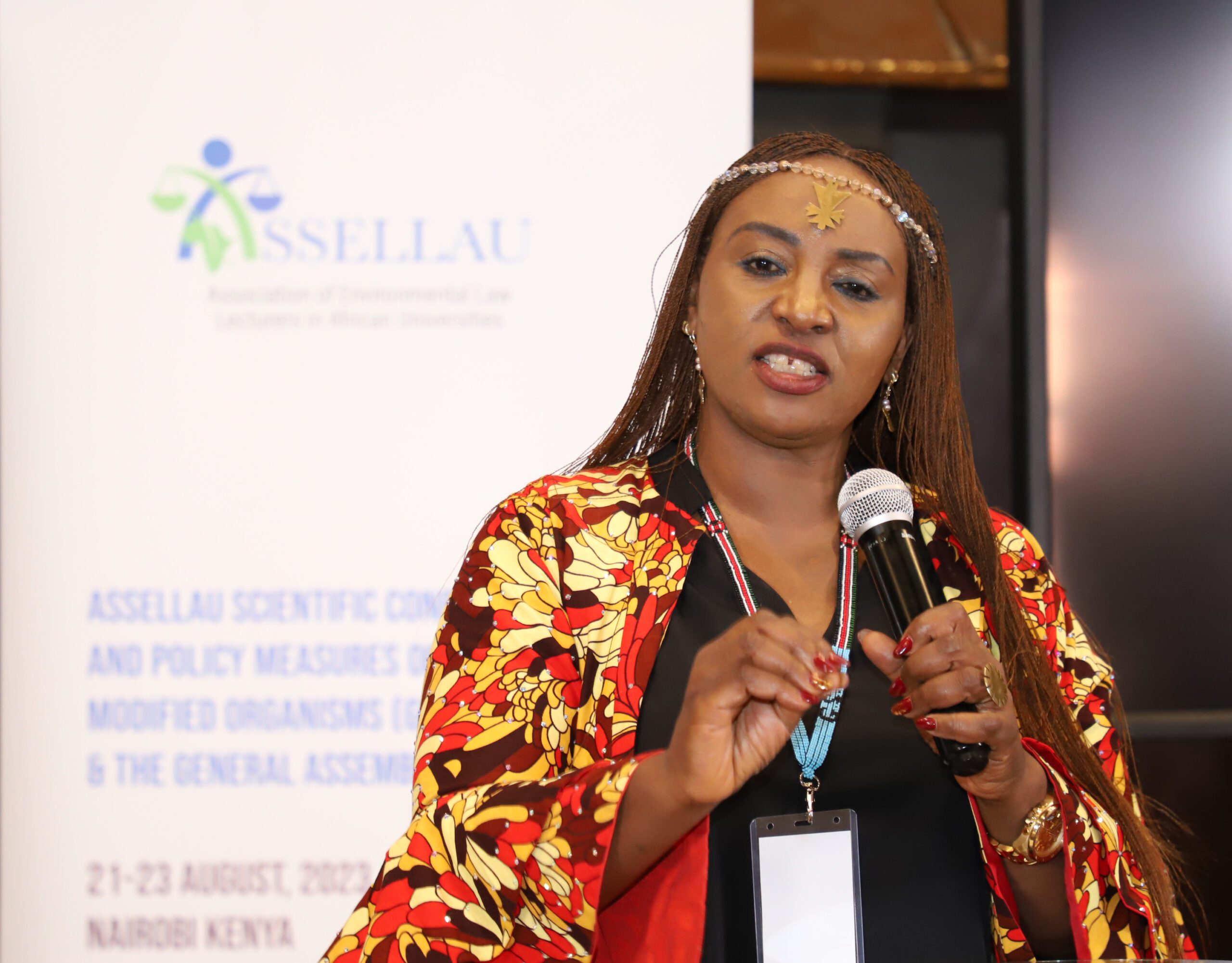
Her quest to find the African in her led her home to Africa when she turned 40, where she co-founded the inaugural TED Africa Fellow and Africa Knows, a knowledge management and media consultancy.
“Science is everything; every single aspect of your life is science, yet people refuse to think about it.”
These opportunities, and others, led her to join the Alliance for Science last year as the Executive Director.
Here, she is grappling joyfully with the modern challenges of science communication.
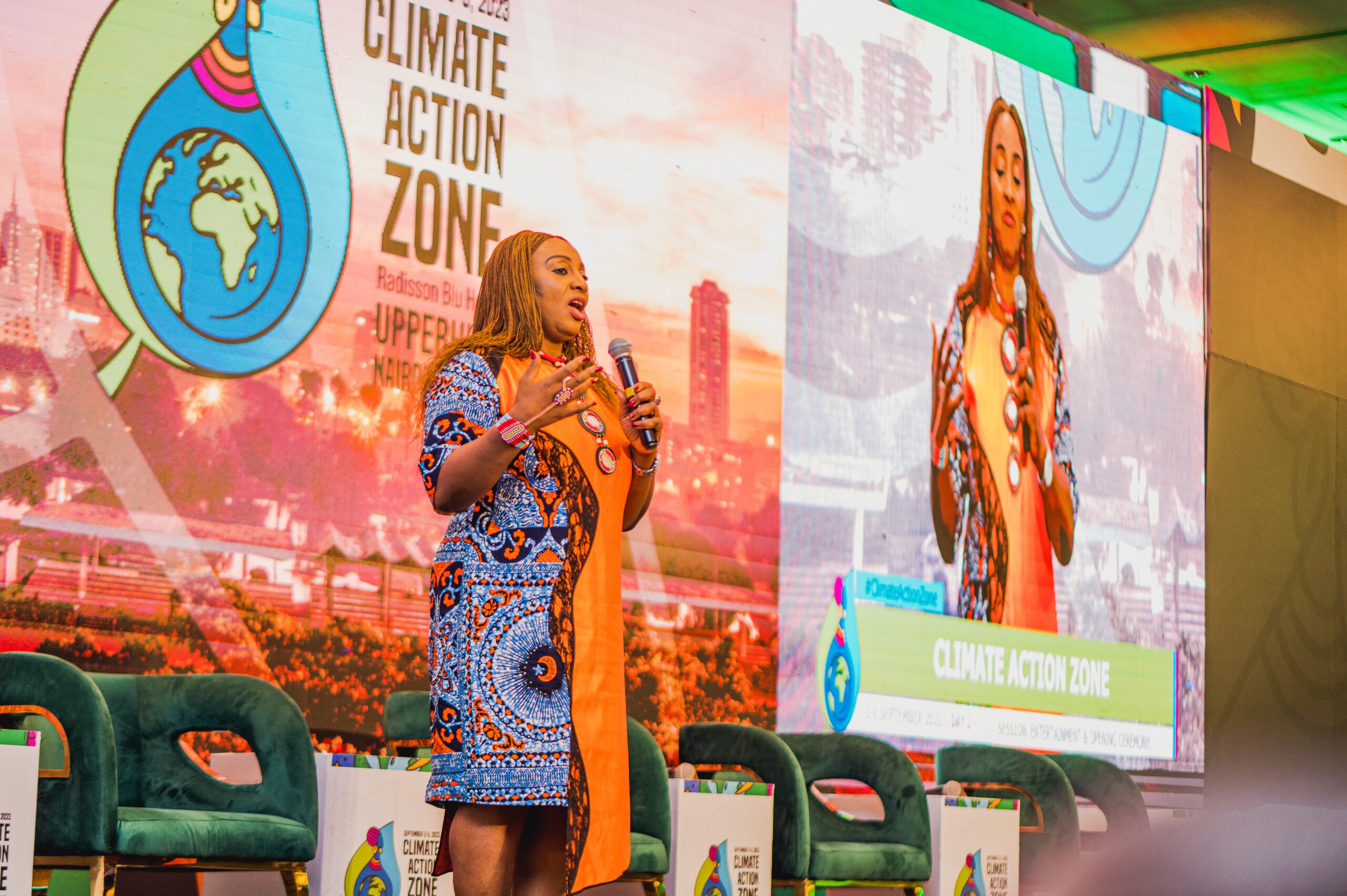
“Surprisingly, this shouldn’t be hard to explain because science is everything; every single aspect of your life is science, yet people refuse to think about it.”
Her days are filled with questions on developing drought-resistant crops and bringing the Green Revolution to Africa, amongst other key strategic areas.
“The Alliance for Science seeks to enhance food security, health, and agriculture across Africa using frontier technologies.”
“Forget about developing drought-resistant crops; the bigger question is how do we feed ourselves and bring about abundance through improved seed varieties and improved inputs and give the farmer more choices?”
“The Alliance for Science seeks to enhance food security, health, and agriculture across Africa using frontier technologies. The key issue is how to bring about the elusive Green Revolution that has eluded Africa. How do we feed ourselves and leave no one behind? How do we bring about abundance through improved seed varieties and improved inputs and give the farmer more choices?” she poses.
A major stumbling block for these questions is misinformation about biotechnology and climate change.
When she took office, her core strategy was to train science advocates in science communication training, who would then go to communities in Africa, Asia, and Latin America and engage in science communication projects.
“The challenge we face now regarding GMOs are issues like the vacuum of knowledge and people thinking GMOs cause cancer and all manner of health issues. There is also the notion that not only will it kill bees on earth, but genetic modification is against God and is not in the Scriptures.”
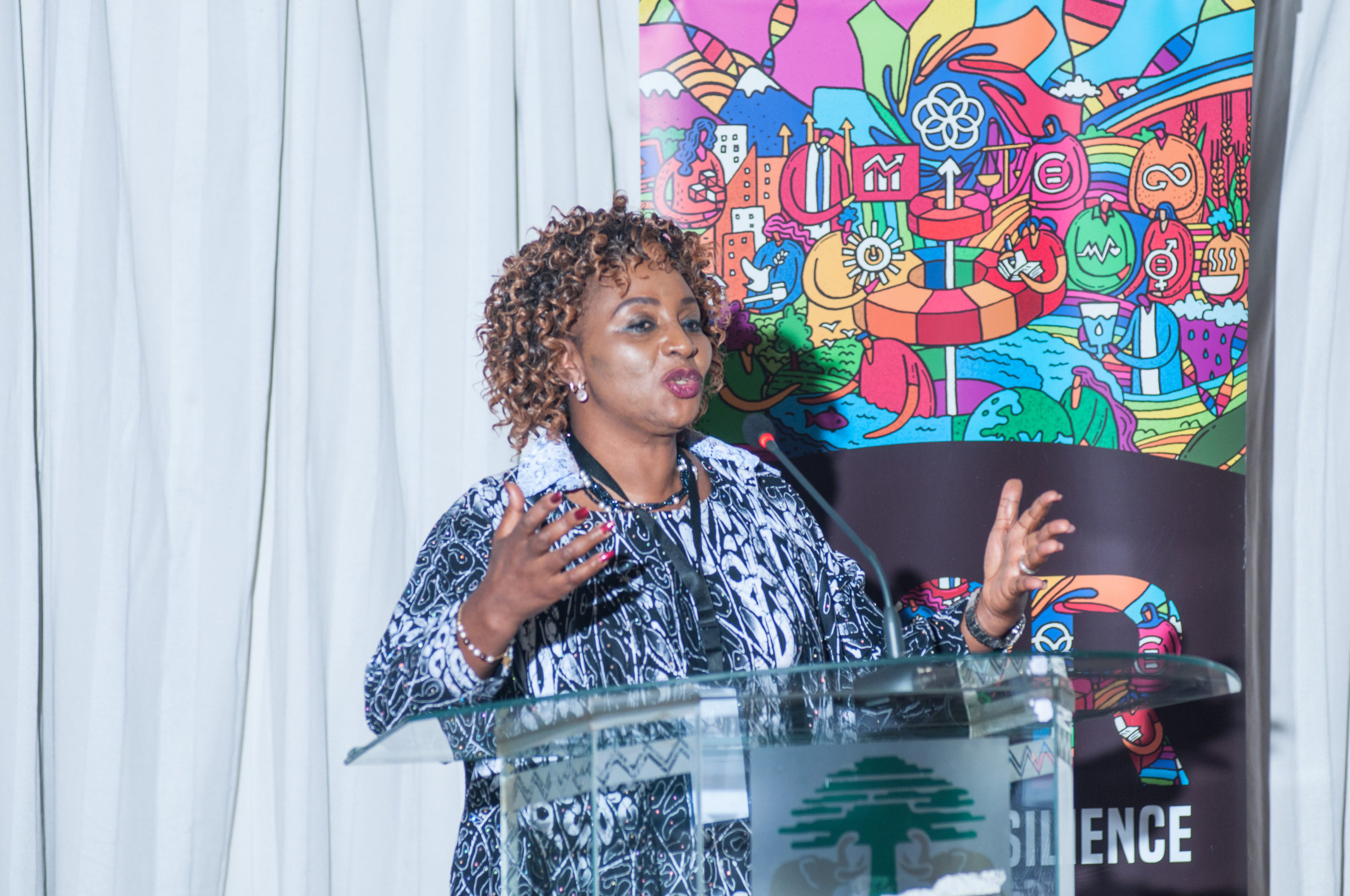
Many man-hours are spent countering this misinformation.
When she took office, Dr Sheila’s core strategy was to train science advocates in science communication training who would go to different communities in Africa, Asia, and Latin America and engage in science communication projects.
She also formed the Alliance for Science Global South, consisting of Africa, Latin America, and Asia, to look at what “we can learn from ourselves, from each other.
Being in Kenya is strategic in the bigger picture because apart from Kenya being pro-science, it has a great educated cohort to push these agendas.
“We have a big team in the Farming Future Bangladesh, for example. This country gained independence in 1971 and within a few years faced a terrible famine and lost about 1.4 million people,” she says.
“But within a generation, they have managed to produce enough food and are currently net exporters of food. They rank in the top ten for major crops. And why? Because they use improved seed varieties. They have 30 agroecological zones and said that since we know our farmers, let’s give them the best seed and technology for their locality. And in doing so, they increase production in a really scientific way in one generation.”
Because Dr Sheila is still ideally the curious little girl from Nigeria who trod swamps and forests in the romance of discovery, her curiosity outside of work has pointed her towards Japan.
As much as she advocates for GMOs, she says, “I’m more an advocate for people having choices for whatever they want and the need to expand our mandate to be bigger.”
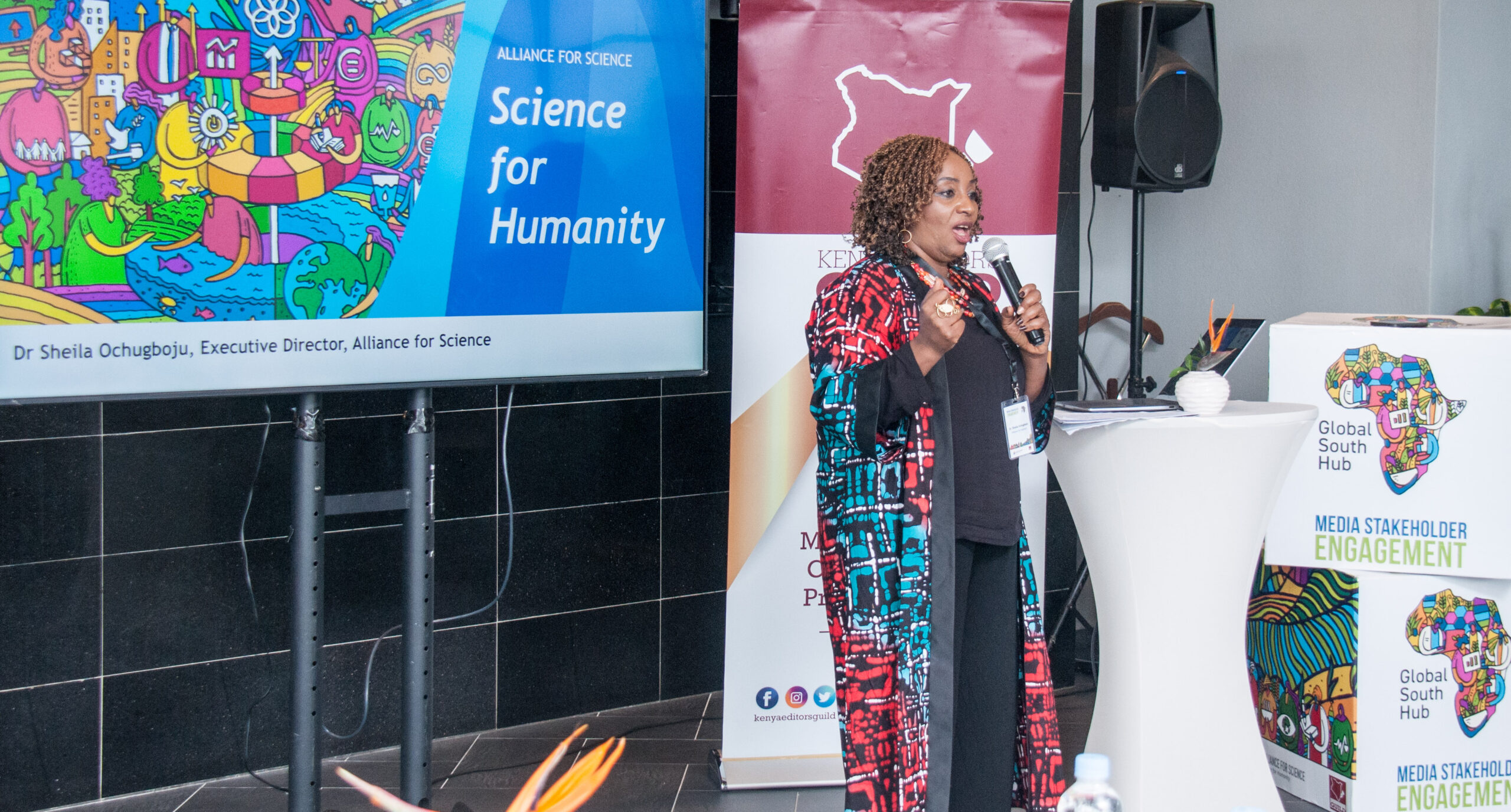
Being in Kenya is strategic in the bigger picture because apart from Kenya being pro-science (it was one of the first countries to sign the Cartagena Protocol on Biosafety), it has a great educated cohort to push these agendas.
“I feel that Kenya has the hardware and software for that innovation.”
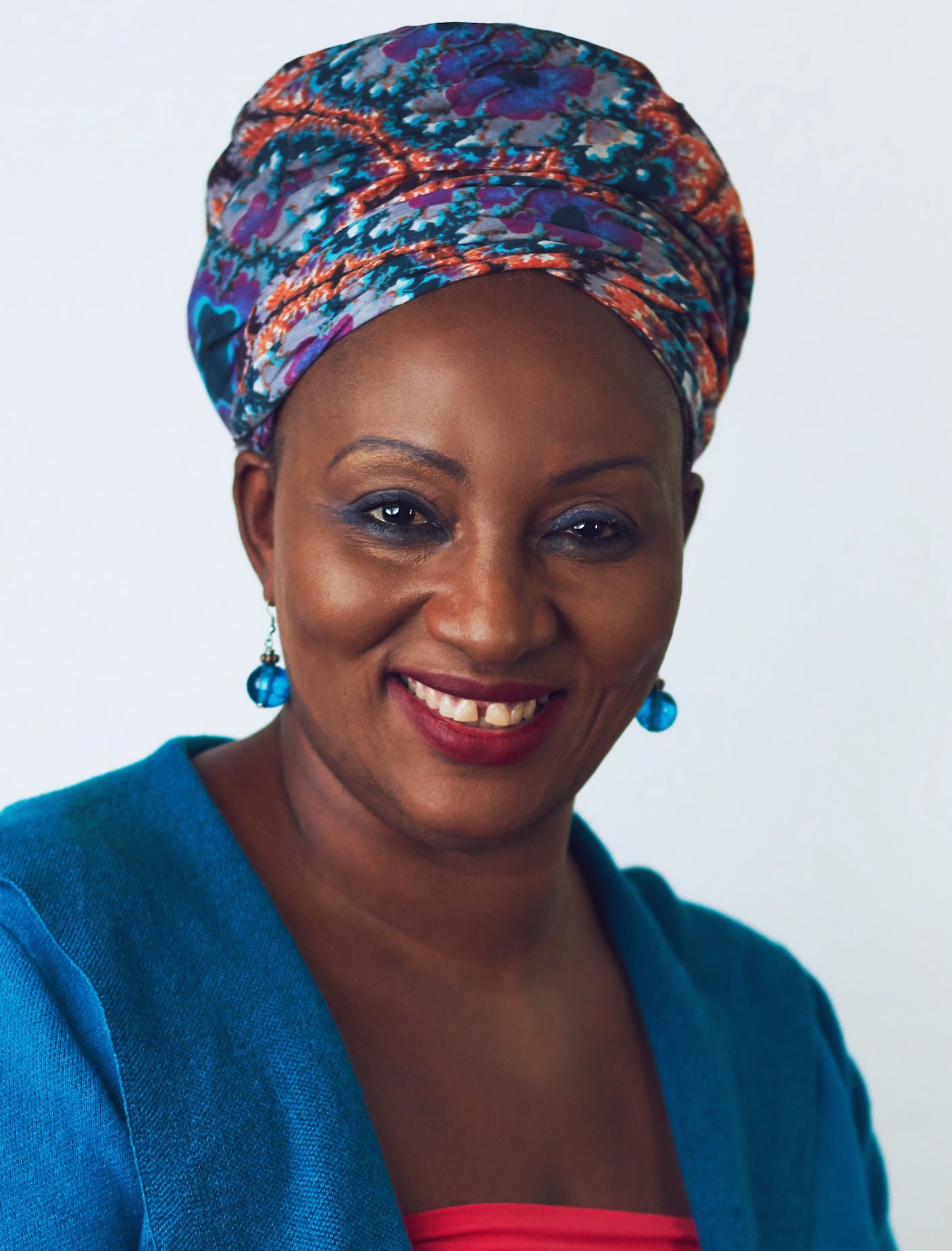
Because Dr Sheila is still ideally the curious little girl from Nigeria who trod swamps and forests in the romance of discovery, her curiosity outside of work has pointed her towards Japan.
“Home is a composite feeling of being connected to a continuum of time, being connected to a big place, to be small and big at the same time.”
“I’ve learned Japanese for ten years but never been to Japan,” she says. “I have studied Japanese culture and read Japanese books; I’m fascinated with the multiple layers of being Japanese. So I finally will go next year with my daughter, a big Manga fan.”
Maybe she will also find a home in Japan because what did she say about home? “Home is a composite feeling of being connected to a continuum of time, being connected to a big place, to be small and big at the same time.”
__________________________________________________________________________________________
Jackson Biko is a Kenyan writer and an established storyteller with 20 years of experience. He runs a blog, bikozulu.co.ke, is a weekly columnist for Business Daily, and is a contributing writer for MSAFIRI, Kenya Airways inflight magazine. He won the ‘Continental Blog Of The Year’ on the 2nd edition of The Africa Digital Awards.
